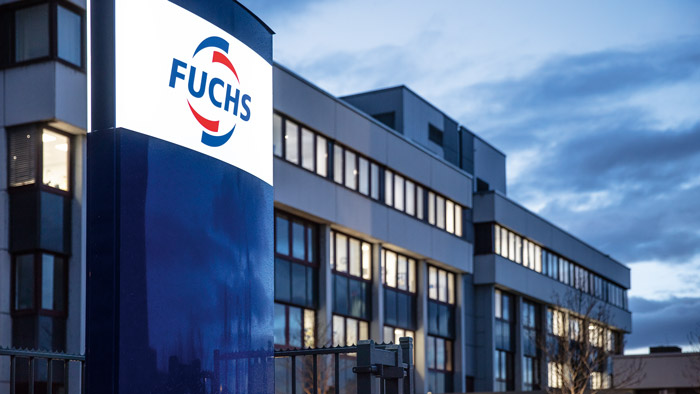
FUCHS to be CO2-neutral globally by 2020
FUCHS PETROLUB, the world’s largest independent lubricant group, is setting a clear signal for global climate protection. From 1 January 2020, the company will manufacture completely CO2-neutral – a further milestone in FUCHS’ sustainable development.
From 2020, the 58 FUCHS locations worldwide will be CO2-neutral – from energy consumption in production to consumables in administration.
In order to implement CO2-neutrality as early as 2020, FUCHS will offset its CO2 emissions, which have not yet been avoided so far, with compensation measures. This will be done by the company investing in high-quality climate protection projects aimed primarily at promoting renewable energies. The projects are accredited, approved and monitored according to internationally recognized certification standards such as the Gold Standard as well as by renowned organizations such as the United Nations (UN). The validation of the project results with regard to the CO2 savings achieved is verified by independent testing bodies such as TÜV.
“FUCHS’ CO2-neutrality strategy is embedded in our sustainability strategy, which we launched 10 years ago. In this way, we are taking responsibility for global climate protection,” says Stefan Fuchs, chairman of the Executive Board of FUCHS PETROLUB SE, “and making an important contribution to achieving the goals of the UN climate protection agreement ratified in Paris in 2015.” This agreement aims to limit global warming to well below two degrees Celsius compared with pre-industrial levels.
“When selecting projects, our focus is on climate protection projects that support economic, ecological and social development worldwide in regions with FUCHS locations. In this way we fulfill our global social responsibility in the sense of corporate citizenship,” adds Fuchs. At the same time FUCHS also supports the 17 sustainable development goals of the UN to which the company has officially committed itself since 2018.
“But it is also clear that this form of CO2 offsetting will merely support and not replace our ongoing efforts to globally reduce our (avoidable) CO2 emissions,” says Apu Gosalia, chief sustainability officer and vice president Global Intelligence. For example, energy-consumption-specific CO2 emissions per ton of FUCHS lubricant produced have already been reduced by a total of around 30% since 2010.
In the medium term, FUCHS intends to gradually reduce its carbon compensation payments and increase its share of renewable energy supplies while continuing to invest in improving the energy efficiency of its locations. In the long term, the company also aims to sell CO2-neutral products to its customers. However, this also requires that FUCHS will in the future be supplied with CO2-neutral raw materials by its suppliers. Only in this way FUCHS, as a CO2-neutral lubricant company, can offer its customers CO2-neutral lubricants from CO2-neutral production.
In addition, FUCHS joined the “Alliance for Development and Climate” of the Federal Ministry for Economic Cooperation and Development (BMZ) last month as an official supporter. The members of this alliance, which combines climate protection and sustainable development, strive for climate neutrality by avoiding, reducing and offsetting CO2 emissions at the same time.











